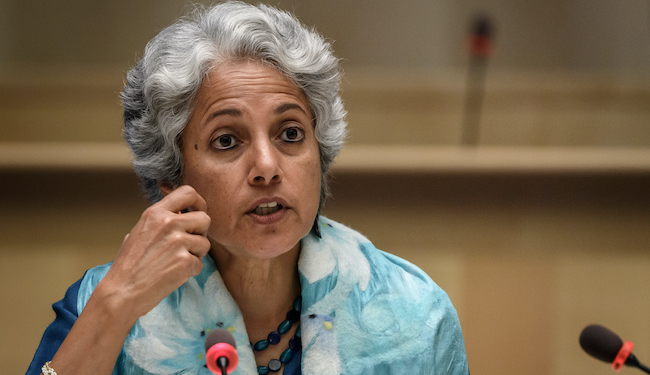The World Health Organisation has disclosed that dementia is the seventh leading cause of death globally.
The organisation also added that dementia research accounts for less than 1.5 per cent of total health research output.
Dementia is a syndrome in which there is deterioration in cognitive function beyond what might be expected from the usual consequences of biological ageing.
According to WHO, there are currently more than 55 million people living with dementia worldwide, and there are nearly 10 million new cases every year.
The health body via a statement released on Tuesday said strategies were needed to better understand, prevent, and treat the underlying diseases that cause dementia and, at the same time, provide care and support for people with dementia and their carriers.
WHO chief scientist, Dr Soumya Swaminathan, said, “Although dementia is the 7th leading cause of death globally, dementia research accounts for less than 1.5 per cent of total health research output.
“Sadly, we are falling behind implementing the Global Action Plan on the public health response to dementia (2017-2025). Addressing dementia comprehensively requires research and innovation to be an integral part of the response.
“Moreover, dementia research needs to be conducted within an enabling environment, where collaborations are fostered and equitable and sustained investment is realised.
“With these objectives, WHO developed a blueprint for dementia research; the first WHO initiative of its kind for non-communicable diseases. The blueprint is designed to guide policymakers, funders, and the research community on dementia research, making it more efficient, equitable, and impactful.”
On his part, the WHO Assistant Director-General, UHC/Communicable & Non-communicable Diseases, Dr Ren Minghui, said, “We can achieve progress in dementia research by strengthening and monitoring the drivers of research highlighted in the blueprint so that they become the norm for good research practice.”
WHO encourages national and international research agencies, together with other funding bodies, to use this blueprint to inform about the upcoming funding streams and operationalise the drivers of research.
“The Civil society can ensure that advocacy efforts are likewise aligned, supporting the drive for a more equitable, efficient, and collaborative research landscape. Additionally, researchers can support the achievement of milestones and strategic goals of this blueprint by addressing the research gaps identified.
“WHO will work with all stakeholders across relevant sectors to ensure that the actions outlined in the blueprint are implemented, milestones are achieved, and strategic goals are realised, with the ultimate aim of improving the quality of life and support offered to people living with dementia, their carriers, and families,” it said.








Discussion about this post